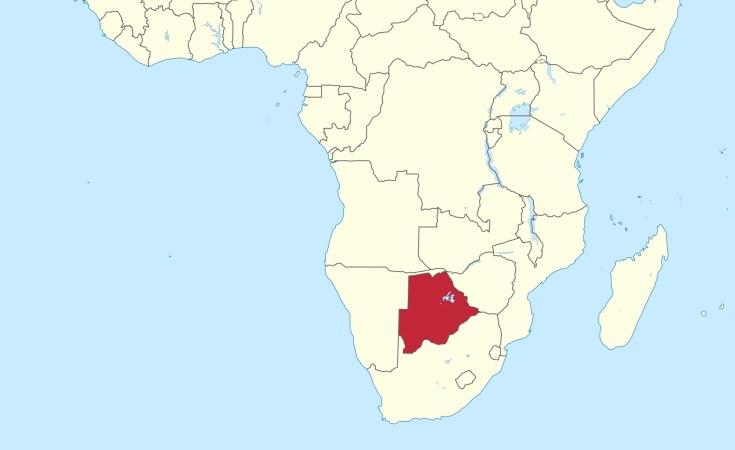Botswana Women Caucus in Politics (BWCP) has expressed concern over the low numbers of women contesting Parliamentary seats in the 2024 general elections and is hopeful that political party funding will change the fortune of female candidates to win more seats. In an interview with the acting president of BWCP, Rhoda Sekgororoane said if approved, the political party funding bill will attract more women candidates. She said one of the findings of a research conducted by Emang Basadi titled Mme Okae revealed that women are not contesting political office because of lack of funds, because the exercise is currently expensive.
Sekgororoane said BCWP has for many years been preparing women candidates for elections by bringing them together and training them on how to best sell themselves to the electorates. "The following are the numbers of some women candidates who are standing for BDP 20 women BCP 6, BNF 1, BMD 0, BPF 0. And mind you, some of these women are still to go through primaries which might not favour them. So, it's still difficult for women to ascend to these positions of power and the Caucus intends to lobby President Mokgweetsi Masisi to allocate the newly increased specially elected MPs seats to women," she said.
She explains that BWCP objectives are to provide a forum to exchange ideas and chart a way forward for the political empowerment of women in Botswana and to forge strategic alliance with internal and external organizations and individuals.
Parties
Meanwhile, Botswana Congress Party (BCP) Publicity Secretary, Dr Mpho Pheko said out of 54 Parliamentary candidates, only six of them are women. She said the constituencies that women are contesting are Gaborone Central, Mochudi West, Boteti East, Mogoditshane West, Lobatse and Mahalapye East.
"Our women numbers situation is worrisome, but women are deterred to contest by broader structural Parliament: issues like Cultural barriers, cost of family care which culture imposes on women, all these impacting women's confidence," said Dr Pheko.
In addition, she said the bigger challenge is the First- Past -The -Post (FPTP) electoral system, adding that the system is rigged against women and youth as the system is designed for men with money. "Look at all countries that are having more than 30% rep in parliament they use Mixed promotional representation or promotional representation. Rwanda, Ethiopia, Namibia, South Africa. Rwanda has a constitutional mandate of minimum 30% women," she said.
For her part, Botswana National Front Women's League president (BNFWL). Katlego Morolong said they set aside 30% quota for women contesting elections but said the resolutions were that consideration will be given for women candidates who won 2019 elections, those who won by-elections and consensus candidates.
Morolong said they are still to compile information and see how many women who will be contesting for general elections and that will be finalized once primary elections are concluded in all constituencies.
Funding formula
The Minister of State President, Kabo Morwaeng is expected to table the political party funding bill before the upcoming July Parliament session where political parties will share views on budgeted P34 million.
A government white paper proposes funding formula of 20% of P2 million for a seat won by a male candidate and 30% of P2 million for a seat won by a female candidate, with P2 million being the maximum election expense amount specified under Section 81 of the Electoral Act.
Delivering the 2024/25 budget in February, the Minister of Finance, Peggy Serame announced that government will set aside P34 million to finance political parties to improve Botswana' s democratic credentials by levelling the campaign field. The government political party funding dispensation comes after submissions in support of public funding of political parties were raised to the presidential commission on constitutional review that was led by former Chief Justice Maruping Dibotelo.
Submitting its final report, the commission then recommended that "Political party funding be introduced based on parliamentary seats won by parties in the immediate past general election at the rate of not less than P50,000 or such amount as may be determined by Parliament from time to time per Member of Parliament."
The commission also recommended that political parties, which received public funding should account for the use of such funds to the Office of the Auditor General following general elections.
During 2019 general elections, the ruling Botswana Democratic Party (BDP) won ma 38 parliamentary seats, UDC coalition comprising BCP, Botswana National Front (BNF) and Botswana Peoples Party (BPP) respectively garnered 15 seats.
On the other hand, Botswana Patriotic Front (BPF) won three (3) seats and Alliance for Progressives (AP) one (1).


